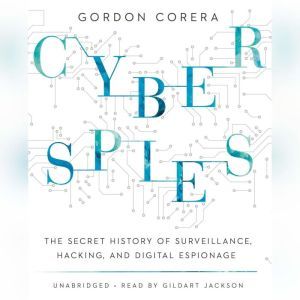Quotes
“Riveting. Making use of excellent sources, Corera has produced a highly relevant read that addresses the key debate in intelligence gathering—the balance between privacy and security.” Sunday Times (London)
“If you are looking for a clear and comprehensive guide to how communications have been intercepted, from cable-cutting in the First World War to bulk data collection exposed by Ed Snowden, this is it.” Guardian (London)
“BBC security correspondent Corera’s dense and comprehensive history of electronic and computer espionage includes many hitherto secret tales from the world of communication intelligence…The discussion of Stuxnet—the sophisticated attack on Iranian centrifuges—and its aftermath is compelling, as Corera’s chilling conclusion contextualizes it as the first of a continuing and increasingly sophisticated form of international, sometimes state-sponsored digital warfare.” Publishers Weekly
“Corera, a security correspondent for BBC News, traces electronic espionage from World War II to the present…Corera’s illuminating summary of cyberespionage’s development and potential effects on modern statecraft, war, commerce, and everyday liberties will appeal to all readers interested in those topics.” Library Journal
“Computers remain essential to espionage and other dubious activities, writes BBC security correspondent Corera in this engrossing history of the dark side of the information revolution…Corera casts his net widely and makes it clear that America is the leader in the battle, as well as the most vulnerable. A convincing argument that the most secure way to communicate is via snail mail.” Kirkus Reviews



